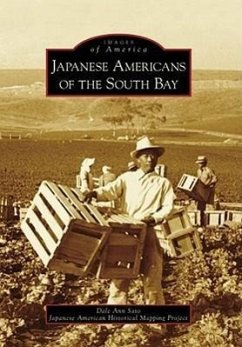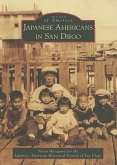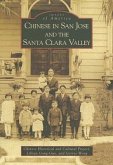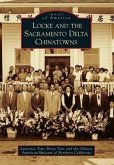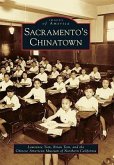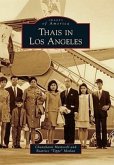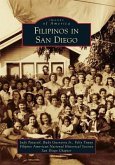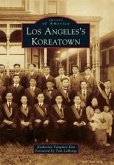Early-20th-century settlers in Los Angeles County's South Bay region found fallow rancho land worthy of cultivation, as well as roads and railways to move produce to markets. First-generation Japanese Issei immigrants became pioneering strawberry, vegetable, and flower growers and cannery fishermen. Their fields blanketed the landscape between oil derricks and along sloughs and the dry-farmed coastline. Families pooled resources and built Japanese language schools for their Americanborn Nisei children that doubled as meeting halls. Small mom-and-pop businesses and services sprang up in Gardena and elsewhere, catering to Japanese neighborhoods. The evacuation, detention, and incarceration of Japanese Americans during World War II devastated their sense of belonging and livelihoods that had taken 40 years to establish. Today South Bay is home to multigenerational Japanese and Asian Americans who continue that legacy of industry, beautification, and diversity.
Hinweis: Dieser Artikel kann nur an eine deutsche Lieferadresse ausgeliefert werden.
Hinweis: Dieser Artikel kann nur an eine deutsche Lieferadresse ausgeliefert werden.

